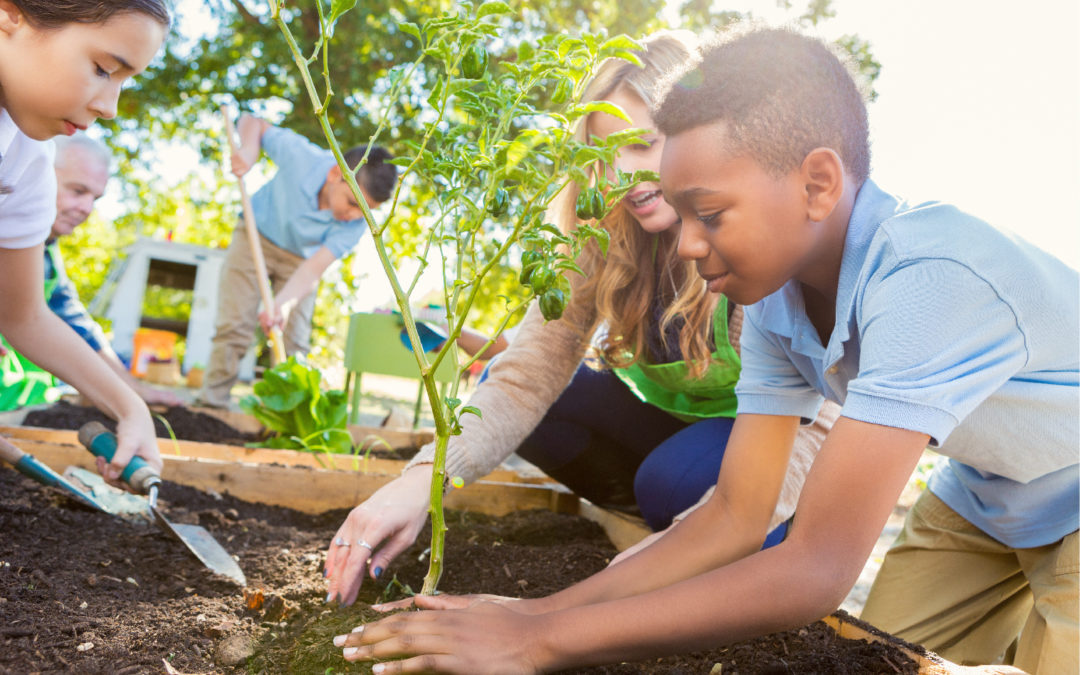At Phoenix Modern, we view learning as a nonlinear continuum. Neuroscience research has demonstrated that our brains are malleable throughout our lives. We are always growing. We have knowledge and skills already and we have more yet to learn. This research impacts several of our systems and structures at Phoenix Modern:
We are intentional about our language. In his book, Choice Words, professor of education at SUNY Albany, Peter Johnston dives deeply into the power of language in the classroom. Johnston believes that the “way we interact with children and arrange for them to interact shows them what kinds of people we think they are and gives them opportunities to practice being those kinds of people.” When our language tells children that we believe that they are constantly in a state of growth and development, that they are competent and capable of learning and growing, our children will believe this about themselves, too.
The common educational practice of expecting all children to learn material at the same time, at the same pace, and in the same manner, and then placing a “grade” on the child’s skills of that moment in time sends children the message that their capabilities are fixed. A child is either an “A student” or a “C student,” a “good student” or a “bad student.” At Phoenix Modern, we believe that children are capable of anything, but how they learn and the pace at which they learn is unique to each individual child.
We use a mastery-based grading system for reading, writing, and math. Unlike a typical grading system, a mastery-based system only allows students to progress when they are ready. We do not force a child to move forward with only a limited understanding of the content, which is both frustrating and demeaning to the child as a competent and capable learner. We give children the time, space, and support to become fully confident in each skill before moving forward. When a child has mastered a skill or piece of content, he simply moves up to the next level. There will always be another level, because there is always more to learn.
We document and capture children’s learning and growth continuously over time, rather than assign fixed grades to students’ learning. This common practice, used both in Reggio Emilia and in Montessori schools, allows for us to capture snapshots of a child at a moment in time. That snapshot does not label the child. Rather, it helps us to paint a picture of where each child is academically, socially and emotionally in that very moment, and it allows us to design thoughtful experiences to continue to foster his or her growth and development.
Too many of us have received the message that struggle and failure are bad, but nobody is born knowing how to do everything! Imagine the people who will one day develop the cure for cancer or a solution for reversing climate change. It is unlikely that the answers to our world’s most complex problems will have just popped into their heads overnight. More likely, they will have engaged in extensive investigation processes that involved trial and error, successes and failures. They will likely have felt a range of emotions throughout the process – hope and fear, optimism and frustration, inspiration and confusion. Struggle and failure are inevitable and unavoidable in life. What matters is what we do with the experience of struggling. Children need to believe in their abilities to struggle, to persevere, to overcome, and to grow.

